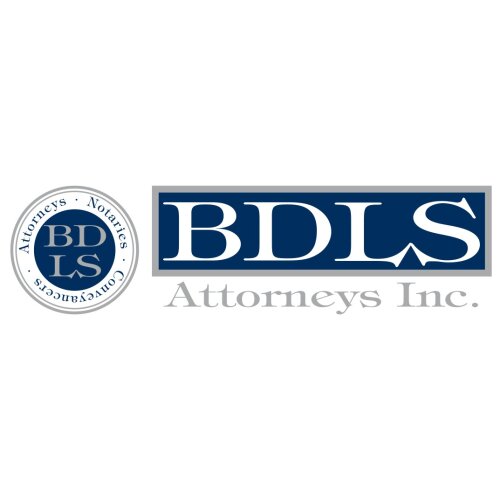Best Employment Rights Lawyers in Port Elizabeth
Share your needs with us, get contacted by law firms.
Free. Takes 2 min.
List of the best lawyers in Port Elizabeth, South Africa
About Employment Rights Law in Port Elizabeth, South Africa
Employment Rights Law in Port Elizabeth, as in the rest of South Africa, is governed by the country's labour laws and regulations, protecting both employers and employees. This includes constitutional rights such as equality, human dignity, fair labour practices and freedom of trade.
Why You May Need a Lawyer
Dealing with issues related to employment rights can often be complicated. Lawyers specialised in this field can provide help in interpreting labour policies, ensuring fair labour practice, dealing with unfair dismissal or discrimination at work, contract formulation, and dealing with disciplinary hearings. Many people consult lawyers for contract reviews before accepting new employment to ensure they are entering into a fair and legal agreement.
Local Laws Overview
The key facets of employment rights in Port Elizabeth revolve around the Labour Relations Act, Employment Equity Act, Occupational Health and Safety Act, and Basic Conditions of Employment Act. These legislations guide terms and conditions of employment, discriminatory practices at the workplace, safety and health standards, and collective bargaining for labour unions, amongst other things. Every employee is entitled to these rights, and non-compliance could result in legal action.
Frequently Asked Questions
What constitutes unfair dismissal?
Unfair dismissal occurs when you're fired without good reason or without proper procedure being followed. It can also occur in cases where the worker is forced to quit their job due to unbearable working conditions.
Can I challenge a disciplinary action in court?
Yes, you can take a disciplinary action to the Commission for Conciliation, Mediation and Arbitration (CCMA) or a relevant Bargaining Council, before it goes to court.
What is employment equity?
The Employment Equity Act encourages equal opportunities and fair treatment in employment through the elimination of unfair discrimination.
What are the basic conditions of employment?
The Basic Conditions of Employment Act sets maximum working hours, minimum leave, notice periods, and termination rules, amongst other things.
What are my rights if I get injured on the job?
The Occupational Health and Safety Act covers employees who get injured or contract diseases during the course of employment. Such employees must be compensated accordingly.
Additional Resources
To ensure you're well informed about your rights and available assistance, you can refer to the Department of Labour or the South African labour law books available at local libraries. The Labour Relations Act, the Employee Equity Act, the Basic Conditions of Employment Act, and the Occupational Health and Safety Act are also accessible online for personal understanding and referencing.
Next Steps
If you feel that your rights as an employee have been infringed upon, or you need advice on Employment Rights, the next step is to contact a law firm specializing in labour law. Explain your situation and they will guide you on the best course of action based on the legal provisions for such matters. Don't delay as time limits apply to many legal actions in employment-related cases.
Lawzana helps you find the best lawyers and law firms in Port Elizabeth through a curated and pre-screened list of qualified legal professionals. Our platform offers rankings and detailed profiles of attorneys and law firms, allowing you to compare based on practice areas, including Employment Rights, experience, and client feedback.
Each profile includes a description of the firm's areas of practice, client reviews, team members and partners, year of establishment, spoken languages, office locations, contact information, social media presence, and any published articles or resources. Most firms on our platform speak English and are experienced in both local and international legal matters.
Get a quote from top-rated law firms in Port Elizabeth, South Africa — quickly, securely, and without unnecessary hassle.
Disclaimer:
The information provided on this page is for general informational purposes only and does not constitute legal advice. While we strive to ensure the accuracy and relevance of the content, legal information may change over time, and interpretations of the law can vary. You should always consult with a qualified legal professional for advice specific to your situation.
We disclaim all liability for actions taken or not taken based on the content of this page. If you believe any information is incorrect or outdated, please contact us, and we will review and update it where appropriate.










